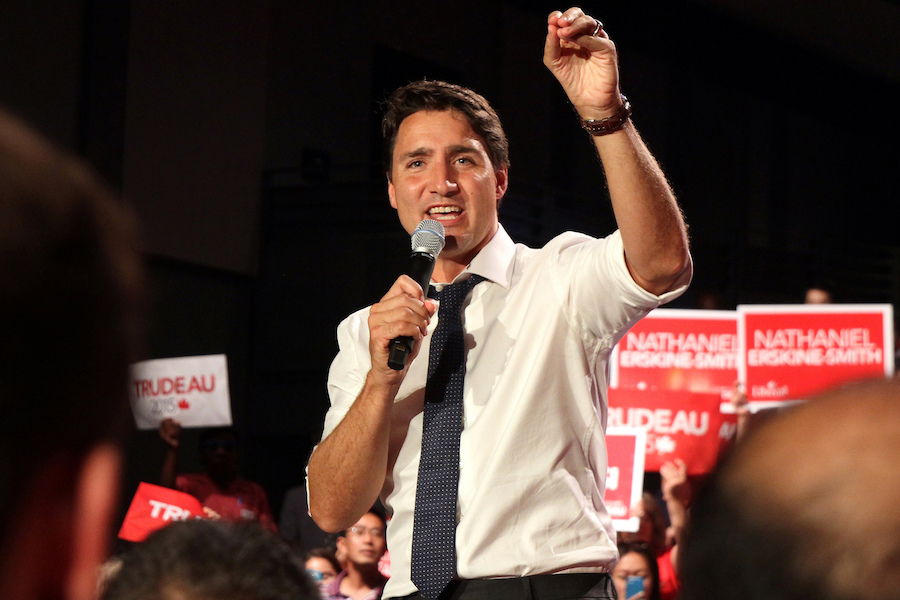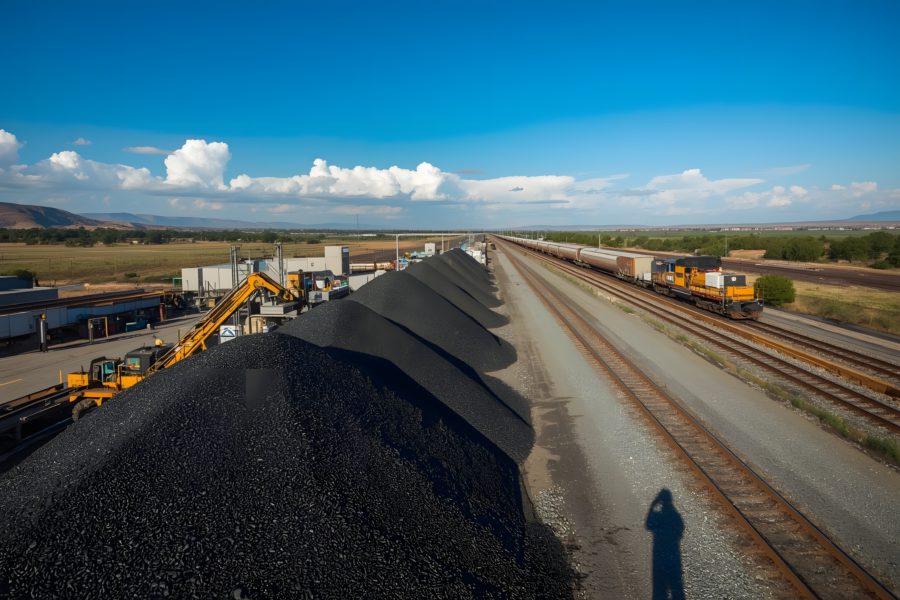Canada’s Trans Mountain expansion gets green light, again

As expected, the Trudeau government has once again approved the expansion of the Trans Mountain pipeline, although it is now likely to cost a lot more to complete, thanks to a year-long delay.
“Today I am announcing that our government has newly approved the Trans Mountain pipeline expansion project going forward,” Prime Minister Justin Trudeau announced today, June 18. He added his government is open to First Nation ownership in the expanded pipeline, anywhere from 25% to 100%.
But whether work will substantially start on the expansion in time for the federal election campaign in October remains to be seen. The government hopes to see construction start for the current summer construction season.
But eight new accommodation measures to address First Nations concerns are now part of the approval, and there is some question on how much those new measures, which might even include some rerouting, may delay some of the construction.
The announcement was presaged by the arrival by rail of tonnes of steel pipe at strategic locations along the pipeline route a week earlier. Trans Mountain confirmed about 30% of the pipe has been delivered to sites along the route, including the Lower Mainland.
When the actual work on the pipeline will resume is unknown. Jody Wilson-Raybould, the former high profile Liberal Attorney General, now running as an independent, expects a whole new round of protests and legal challenges.
“The immediate response to this decision will be the filing of multiple lawsuits against the government’s decisions,” she wrote in a blog post, adding more protests like the ones that resulted in dozens of arrests in Burnaby last year, will also likely occur.
“As a result, Canadians will be further divided. While there will be photo-ops and talk of ‘getting shovels in the ground,’ no one will be able to say with certainty when – or if – actual pipe will be laid and if any product will ever flow through it.”
There have been at least 18 legal challenges to the Trans Mountain pipeline expansion, almost all of which have failed. The one that succeeded was a federal appeal court challenge by First Nations and environmental groups, which successfully halted the project and required the federal government to go back to the drawing board on First Nations consultations and addressing marine impacts from oil tankers.
Martin Olszynski, associate law professor at the University of Calgary, expects environmental groups and the Tsleil-Waututh First Nation will again challenge the governor in council (GIC) order approving the expansion at the federal Court of Appeal and argue that the second approval, like the first, was somehow deficient.
Whatever legal challenges are launched, it won’t stop work on the pipeline expansion, unless a court grants an injunction.
“Without prejudging that, it’s a pretty hard test, as a general rule,” Olszynski told Business in Vancouver. “And I think, in this context, where we’ve already had one approval that was struck down, and we’ve had this additional consideration and consultation, I do think that we would expect that to be a relatively high hurdle at this point.”
The B.C. government plans to appeal to the Supreme Court of Canada a decision by the BC Court of Appeal that ruled the province doesn’t have the constitutional authority to regulate what goes through a federally regulated pipeline.
“I think most of us expect that to go nowhere,” Olszynski said.
The Trudeau government originally approved the expansion – then expected to cost $7.4 billion – in 2016. The approval came with 157 conditions attached by the National Energy Board (NEB.)
The project, which would see the existing pipeline twinned to nearly triple its capacity, was originally to be financed by Kinder Morgan Canada (TSX:KML).
But now Canadians are footing the bill for the expansion, thanks to the John Horgan government.
While opposition by environmentalists and First Nation opposition has been blamed for delaying the project, it was the Horgan government’s attempts to halt the project that ultimately led Kinder Morgan to throw in the towel, resulting in the Canadian government taking on the project.
One of the issues for Kinder Morgan was B.C.’s plans to try to restrict the flow of diluted bitumen from Alberta through B.C. to current volumes, on environmental grounds.
Kinder Morgan said it could deal with First Nations, legal challenges and opposition from cities like Burnaby and Vancouver, but that it could not resolve what amounted to a dispute between two levels of government over jurisdiction.
“The uncertainty created by BC has not been resolved but instead has escalated into an inter-governmental dispute,” Kinder Morgan Canada CEO Dave Kean said in April 2018, after it announced it was halting all work on the expansion until it could get clarity from the Ottawa on whether or not it could proceed.
It never got that clarity, so the company pulled the plug.
The Trudeau government ended up buying the existing Trans Mountain pipeline, Westridge Marine Terminal, and Puget Sound pipeline for $4.5 billion. The sale price included $1 billion already spent on the expansion.
The Trudeau government announced it would finance the expansion itself, and then try to sell it.
Kinder Morgan shareholders had no sooner approved the sale in September 2018 when, on the very same day, the federal Court of Appeal brought the expansion project to a grinding halt.
The NEB had failed to properly assess the impacts of increased oil tanker traffic on the marine environment, the court ruled, and the federal government had failed to properly consult First Nations.
That sent the NEB back to the drawing board, and the federal government to the negotiations table.
Once it had assessed the marine impacts, the NEB once again recommended the expansion could take place, but added additional conditions for addressing marine impacts.
Meanwhile, the Parliamentary Budget Office came out with a report in January 2019 that estimated delays in completing the expansion could increase the final capital cost by as much as $2 billion, pushing the capital costs from $7.4 billion to as much as $9.3 billion.
Despite the escalating capital cost of the project, several First Nations groups in Western Canada are angling to take an equity stake in the expanded pipeline.
“It would sure help the proponents’ optics if the prospect of First Nations investment in the pipeline is real,” University of BC political science professor Richard Johnston told Business in Vancouver. “That just alters a whole bunch of equations, it seems to me.”
Some of the First Nations groups that are lobbying the federal government on taking an equity position in the pipeline were in Vancouver today, June 18, for a rally in support of the pipeline.
Dale Swampy, president of the National Coalition of Chiefs, which represents 62 chiefs across Canada, said three indigenous groups seeking equity stakes in the pipeline will be brought together June 26 at the Indigenous Resource Council meeting in Calgary to promote a unified effort.
“As soon as it’s approved and starts to move forward, that’s when we start working with the government to look at purchasing equity,” Swampy said. “We’re not concerned whether the purchase occurs during construction or after construction, only that it does occur.
“There’s a lot of work to do. They have to get all the communities that signed onto the project, the 43 communities, to agree to work together on this. That may take some time.”
Swampy added that there were 20,000 self-identified indigenous oil and gas workers in 2015, and his group now represents 12,000.
“So there are some 8,000 indigenous oil and gas workers waiting to get work to build projects like TMX,” Swampy said.
(By Nelson Bennett)
More News
{{ commodity.name }}
{{ post.title }}
{{ post.date }}




Comments